Disclosure: This article contains affiliate links. We may earn a commission from purchases at no extra cost to you, which helps our travel content.
When my buying trip to Addis Ababa wrapped up early last fall, I made an impulsive decision that would become one of my most transformative travel experiences to date. Instead of catching the next flight home, I headed north to Mekelle, the capital of Ethiopia's Tigray region. What I discovered was a highland paradise that fashion-forward travelers have somehow overlooked – a place where dramatic escarpments rise from dusty plains, where ancient rock-hewn churches hide in seemingly inaccessible cliff faces, and where the hiking rivals anything I've experienced in more mainstream destinations. As someone who usually splits time between designer showrooms and tourist hotspots, diving into Mekelle's rugged landscapes offered a refreshing reset – trading luxury fabrics for sturdy boots and market trends for unmarked trails. If you're craving an adventure that pushes boundaries while delivering authentic cultural immersion, Mekelle deserves a prime spot on your travel mood board.
Getting Your Bearings: Mekelle's Geographic Canvas
Mekelle sits at an elevation of about 7,700 feet (2,350 meters), creating a perfect basecamp for highland adventures with surprisingly moderate temperatures – think crisp mornings that transition into warm, sun-drenched afternoons. The city itself offers a fascinating blend of traditional Ethiopian architecture and Italian colonial influences, but it's the surrounding topography that will leave you breathless (sometimes literally during those steep ascents).
The landscape unfolds like an avant-garde designer's vision – all dramatic contrasts and unexpected textures. Flat-topped mountains called ambas dominate the horizon, their sheer cliff faces creating a natural fortress around the city. Between these formations, you'll find deep valleys carved by ancient waterways, creating a terrain that challenges and rewards in equal measure.
Before hitting any trails, I recommend spending your first day acclimatizing to the altitude while exploring the city. The Martyrs' Memorial Monument offers panoramic views that helped me map out potential hiking routes, while the Romanat Square area provides a glimpse into local life beyond the tourist façade – something I always seek whether I'm sourcing textiles or scouting trails.
I planned my adventures using a combination of local advice and my trusty hiking GPS – an investment that's paid for itself multiple times over in remote destinations like this where cellular service is spotty at best and trails often exist more in local knowledge than on any map.
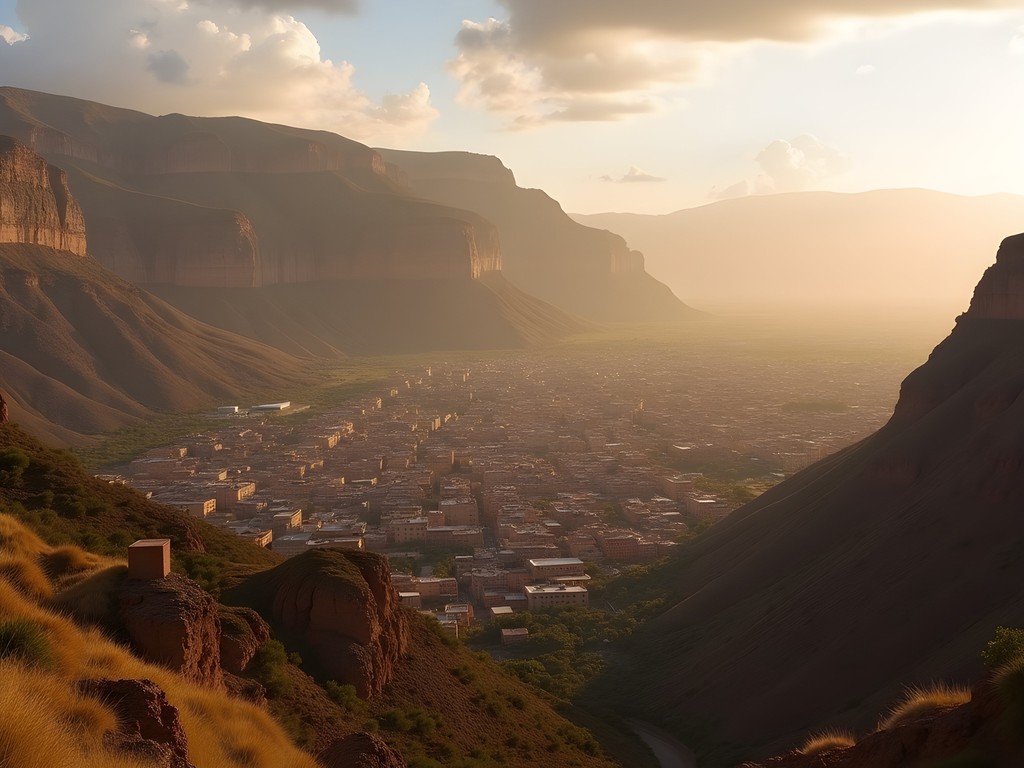
💡 Pro Tips
- Spend at least one full day acclimatizing to the altitude before attempting challenging hikes
- Download offline maps of the region before arrival – cell service is unreliable outside the city
- The local tourist office near Romanat Square can connect you with guides who know the less-documented trails
The Gheralta Escarpment: Where Faith Meets Adventure
The crown jewel of hiking in Mekelle's surroundings has to be the Gheralta Escarpment – a collection of sandstone mountains housing some of Ethiopia's most remarkable rock-hewn churches. This isn't your typical tourist trail; it's a perfect fusion of cultural immersion and physical challenge that had me completely rethinking my travel priorities.
The approach begins deceptively easy, winding through small villages where farmers tend to fields using methods unchanged for centuries. I quickly learned that my usual city pace needed adjustment – the combination of altitude, heat, and irregular terrain demands respect. About an hour in, the real adventure begins as trails steepen dramatically toward the cliff faces.
The most unforgettable experience was climbing to Abuna Yemata Guh, a church literally carved into a vertical cliff face. The final approach requires free-climbing (without ropes) up a 50-foot rock face – not for the faint of heart or those with vertigo. My hands gripped the ancient handholds worn smooth by centuries of pilgrims, my approach shoes finding purchase on narrow ledges. The rush of adrenaline when reaching the entrance – a narrow ledge overlooking a sheer drop – is something I'll never forget.
Inside, 800-year-old frescoes cover every surface, somehow preserved in this seemingly impossible location. The priest who maintains the church showed me ancient manuscripts with the casual air of someone showing off their latest Instagram post, creating a surreal juxtaposition of ancient and modern that left me speechless.
What makes this experience so special is the authenticity – unlike over-touristed sites, here you're hiking alongside local pilgrims making religious journeys, not just fellow travelers checking items off a bucket list.
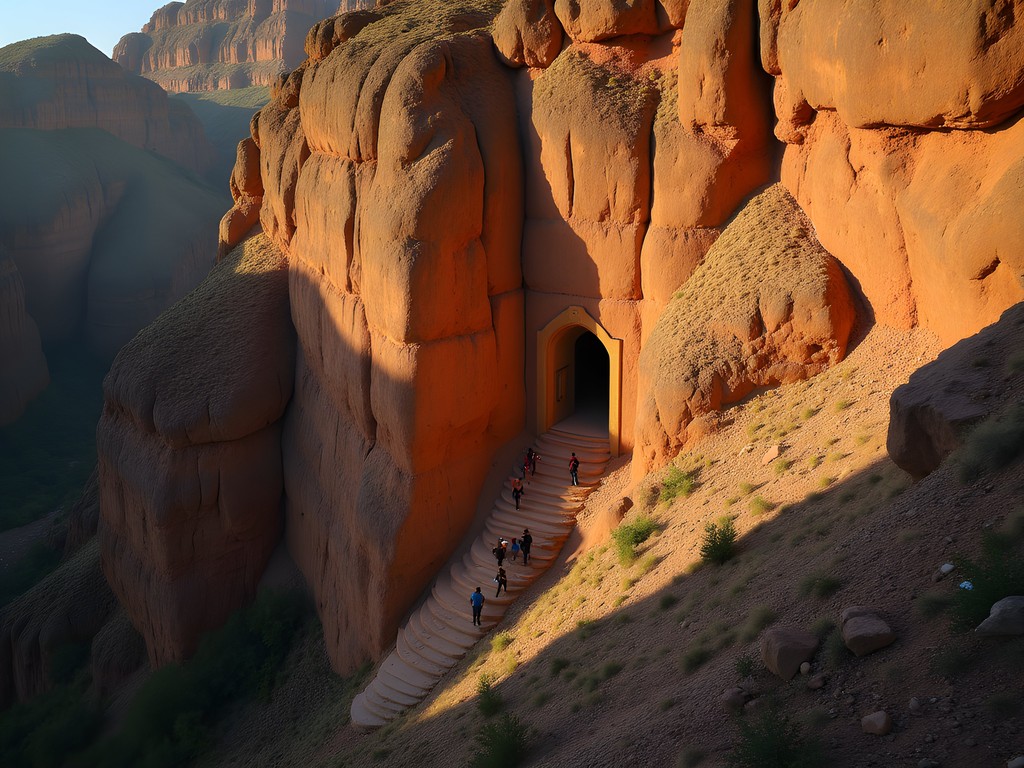
💡 Pro Tips
- Hire a local guide for this hike – they know safe routes and can facilitate interactions with church priests
- Start early (around 6am) to avoid the midday heat and afternoon rain showers common in fall
- Pack cash in small denominations for church donations – there are no card readers on cliff faces
Trekking the Hagere Selam Plateau: Ethiopia's Hidden Highland Paradise
While the dramatic climbs of Gheralta deliver instant gratification for your social feeds, the multi-day trek across the Hagere Selam Plateau offers a slower, deeper connection with Ethiopia's highland landscapes. This lesser-known route southwest of Mekelle quickly became my personal highlight – the fashion equivalent of discovering an emerging designer before they hit the mainstream.
The plateau sits at around 8,800 feet (2,700 meters), creating an almost alpine microclimate that contrasts dramatically with Ethiopia's more familiar arid lowlands. The air here carries a crisp clarity that makes colors pop in a way that reminded me of high-definition displays – no filter needed for these landscape shots.
I connected with a local guide through my guesthouse in Mekelle who arranged our three-day circuit, including homestays in villages along the route. The path meanders through small farming communities where traditional stone houses dot landscapes of terraced fields and juniper forests. During harvest season, the plateau transforms into a patchwork of golden teff fields against red earth – a color story that any designer would envy.
The physical demands here are different from the vertical challenges of Gheralta. Instead, you'll face long days of sustained hiking across undulating terrain, with elevation gains that sneak up on you. My trekking poles proved invaluable for maintaining stability on loose descents and providing support during extended climbs.
What truly elevated this experience was the hospitality in villages along the route. In Erar, a small settlement on day two, I was invited to participate in a coffee ceremony – Ethiopia's ritual of hospitality where beans are roasted, ground, and brewed in your presence. Sitting cross-legged on handwoven mats while three generations of a family shared their traditions created the kind of authentic connection that no luxury hotel could ever match.
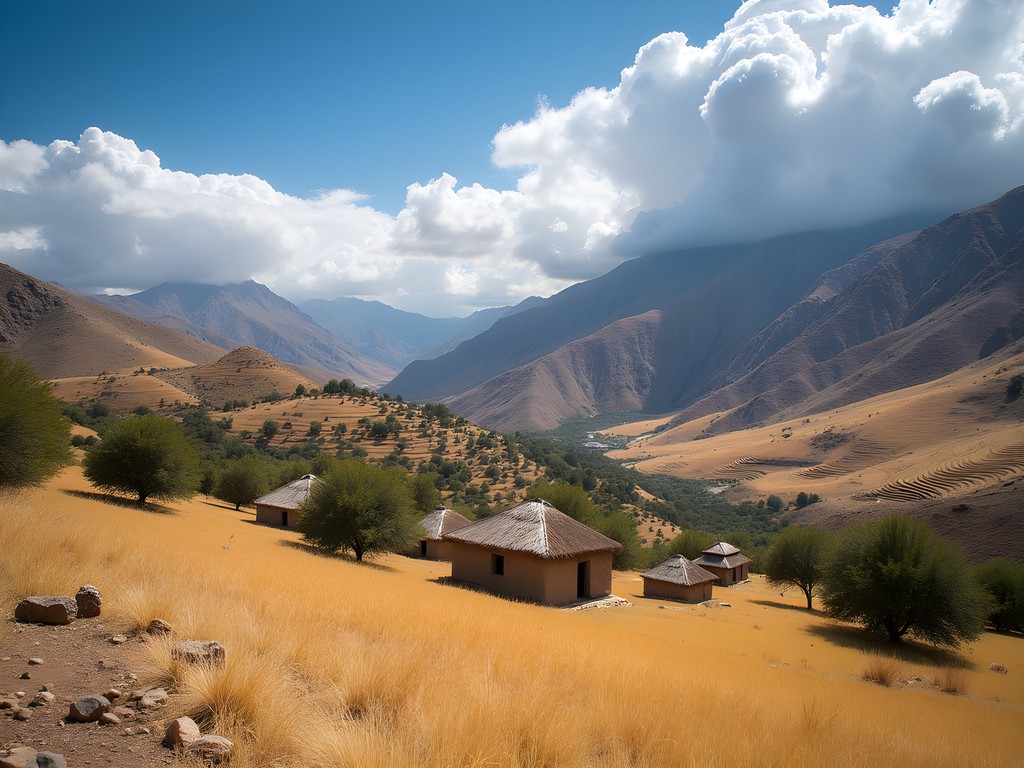
💡 Pro Tips
- Pack layers – temperatures on the plateau can swing dramatically between day and night
- Learn a few basic phrases in Tigrinya (the local language) – even simple greetings open doors to meaningful interactions
- Bring small gifts like school supplies or photos from your home country to share with families who host you
The Technical Challenge: Conquering Imba Alaje
For advanced hikers seeking a genuine challenge, Imba Alaje stands as Mekelle's ultimate test. This massive amba (flat-topped mountain) rises to nearly 13,000 feet (3,950 meters) and offers what might be Ethiopia's most rewarding day hike for those with the stamina and experience to tackle it.
I won't sugarcoat this – the ascent is brutal. The trail begins in a small village where curious children will likely become your impromptu sendoff committee. The initial path seems deceptively manageable as it winds through farmland, but soon transitions to increasingly steep switchbacks up scree-covered slopes. The final approach involves some light scrambling that had me grateful for every grip strength exercise I've ever done.
The physical demands are significant, but the real challenge is mental – pushing through when your lungs burn from the altitude and your legs scream for rest. My hydration pack proved essential, allowing me to sip water continuously without breaking stride on the steeper sections.
What makes this grueling climb worthwhile is the summit experience. The flat top of Imba Alaje stretches for several kilometers, creating an elevated world that feels completely detached from everyday reality. The panoramic views extend across multiple regions of Ethiopia, with layer upon layer of mountains fading to blue in the distance. On clear days, you can spot the escarpments of neighboring Amhara region and even glimpse the distant silhouette of Ras Dashen, Ethiopia's highest peak.
I spent nearly two hours exploring the summit plateau, discovering small seasonal ponds, wildflowers that seemed to thrive despite the altitude, and rock formations sculpted by millennia of wind. The absolute silence – broken only by the occasional call of a lammergeier (bearded vulture) riding thermals overhead – created a meditative space unlike anything I've experienced in more popular hiking destinations.
The descent demands almost as much attention as the climb, with loose scree sections that require careful foot placement and concentration even when your legs are fatigued from the ascent.
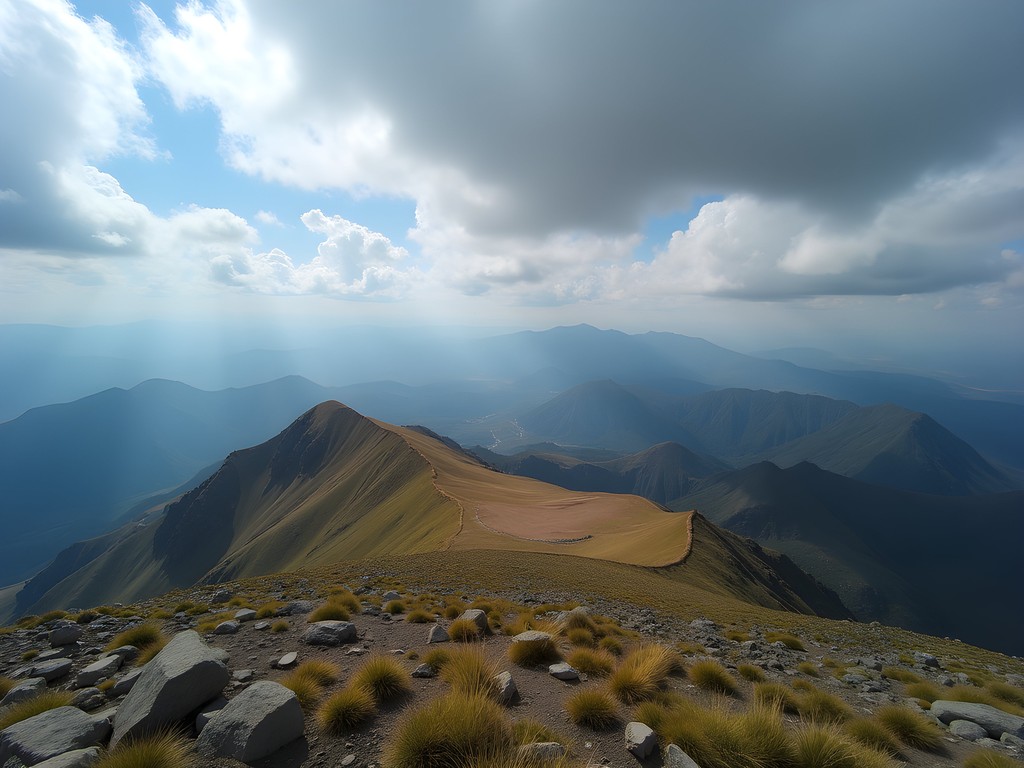
💡 Pro Tips
- Start no later than 6am to ensure you complete the round trip before sunset
- Pack significantly more water than you think you'll need – the combination of sun exposure and altitude increases dehydration risk dramatically
- Consider hiring a local guide with emergency communication equipment – cell service is non-existent on much of the mountain
Cultural Connections: The Human Landscape of Mekelle's Highlands
What elevates Mekelle from merely a hiking destination to a truly transformative travel experience is the cultural dimension that permeates every trail and vista. Unlike trekking in more commercialized regions where interactions can feel transactional, the highlands around Mekelle offer genuine cultural immersion that happens organically alongside your adventures.
In between my more ambitious hikes, I discovered the value of shorter walks connecting villages in the surrounding highlands. These leisurely half-day routes provided windows into daily life that most tourists never witness. In one small settlement, I was spontaneously invited to join a group of women preparing injera (Ethiopia's sourdough flatbread) on traditional clay mitads. My attempts at flipping the delicate batter provided much entertainment for my hosts and a humbling lesson in skilled craftsmanship for me.
Market days in highland villages create natural gathering points where you can witness the social fabric of rural Ethiopia. In Agbe, about an hour's hike from Mekelle, I spent a fascinating morning observing farmers trading livestock, artisans selling handcrafted tools, and families stocking up on essentials. The vibrant textiles and intricate basketry immediately caught my professional eye – these weren't tourist souvenirs but functional items made with techniques passed through generations.
The religious dimension adds another layer to highland hikes. Ethiopia's Orthodox Christian tradition has deep roots here, evidenced by small churches and monasteries tucked into seemingly every significant landscape feature. During my trek near Atsbi, I encountered a procession of white-robed priests carrying ornate crosses and singing haunting liturgical chants that echoed across the valleys – a scene unchanged for centuries.
I recommend carrying a small but thoughtful camera setup to document these encounters. My compact camera provided the perfect balance of image quality and discretion, allowing me to capture moments without creating barriers between myself and the communities I visited. Always ask permission before photographing people, and be prepared to show them the results – these small courtesies build meaningful connections.
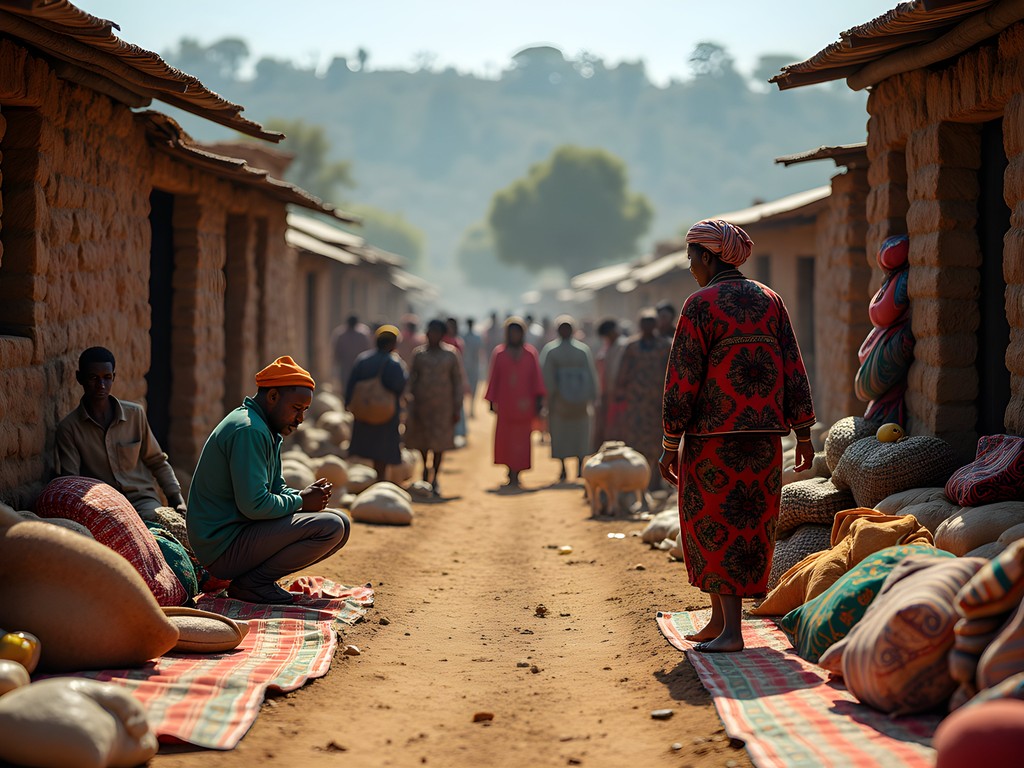
💡 Pro Tips
- Learn the basics of Ethiopian Orthodox church etiquette before visiting religious sites – remove shoes, cover shoulders, and follow the lead of local visitors
- Carry small denomination notes for market purchases – vendors rarely have change for larger bills
- Invest time in learning traditional greetings – the effort is deeply appreciated and opens doors to authentic interactions
Final Thoughts
As my week in Mekelle's highlands came to an end, I found myself experiencing something rare in our hyper-connected world – genuine reluctance to leave. These trails offered more than just physical challenges and Instagram-worthy views; they provided a reset button for my perspective on what travel can and should be. In a fashion industry constantly chasing the next trend, Mekelle reminded me that some experiences remain timeless – the triumph of summiting a challenging peak, breaking bread with strangers who become friends, and discovering landscapes that defy easy categorization. Whether you're a seasoned trekker looking for new challenges or simply someone seeking deeper connections through travel, Mekelle's highland trails offer an authenticity that increasingly feels like luxury in our curated world. Pack those boots, leave expectations behind, and discover what might be Africa's most underrated hiking destination before the rest of the world catches on.
✨ Key Takeaways
- Mekelle offers world-class hiking experiences with fraction of the crowds found in more famous destinations
- The combination of dramatic landscapes and living cultural traditions creates uniquely meaningful adventures
- Advanced preparation is essential due to limited tourism infrastructure and challenging terrain
- Fall offers ideal hiking conditions with moderate temperatures and spectacular post-harvest landscapes
📋 Practical Information
Best Time to Visit
September to November (fall)
Budget Estimate
$30-50/day excluding flights
Recommended Duration
7-10 days
Difficulty Level
Challenging

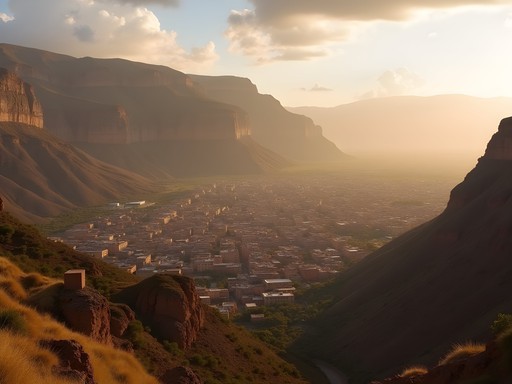
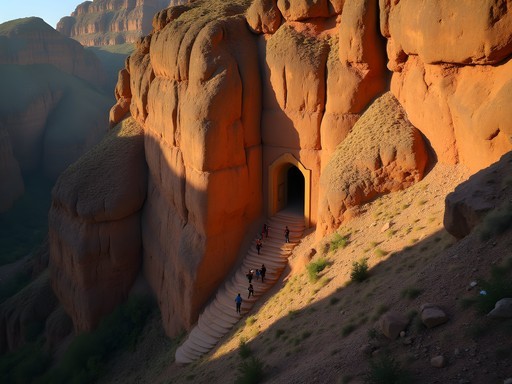
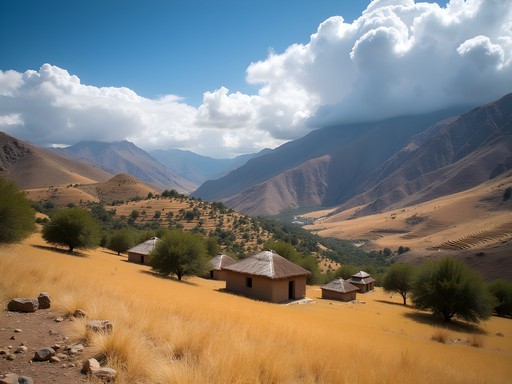
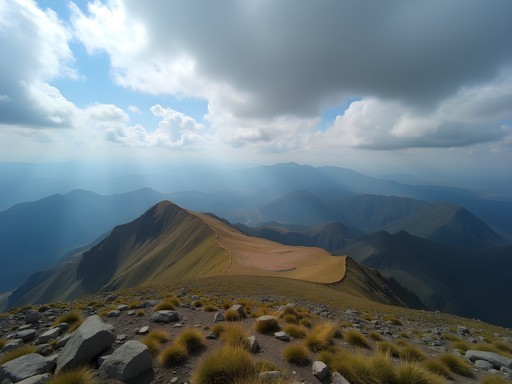
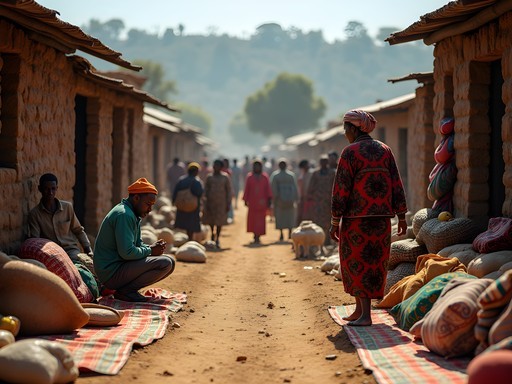


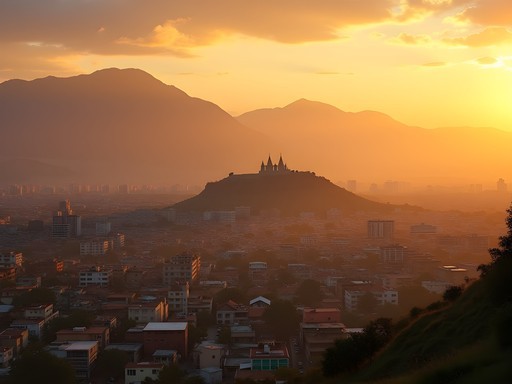
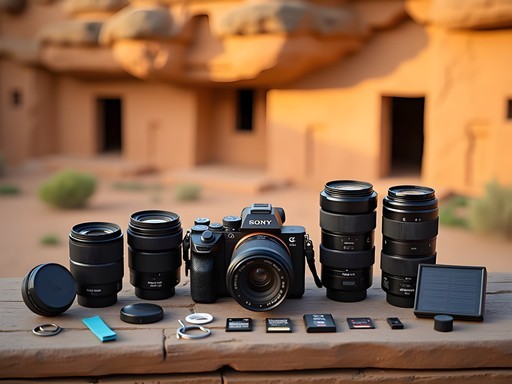
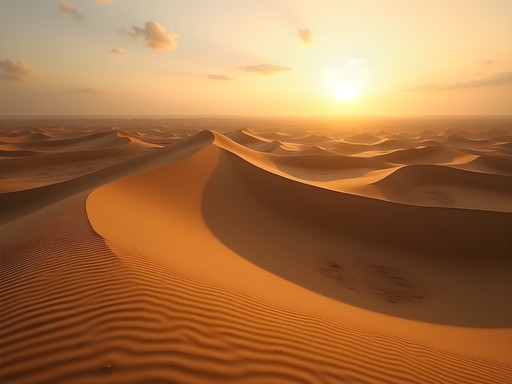
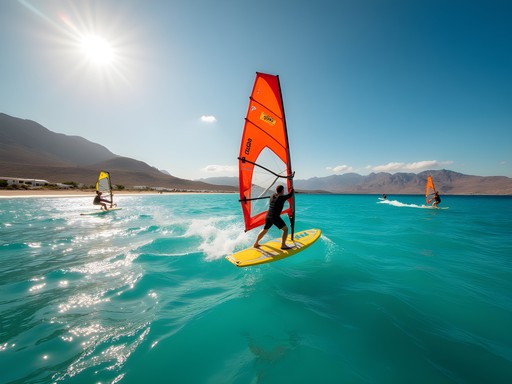
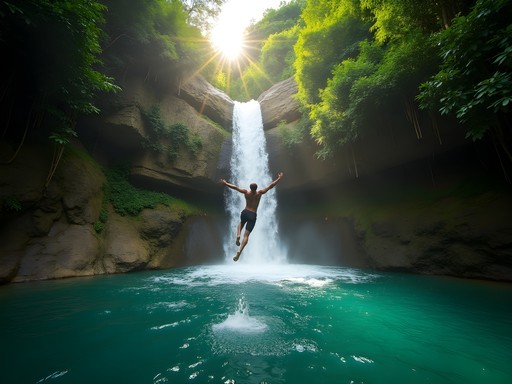
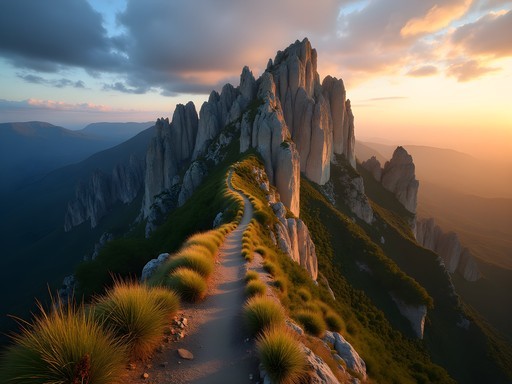
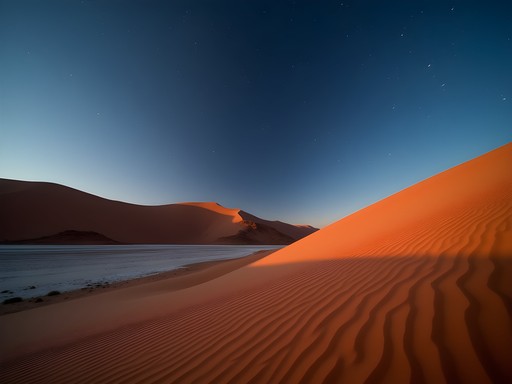
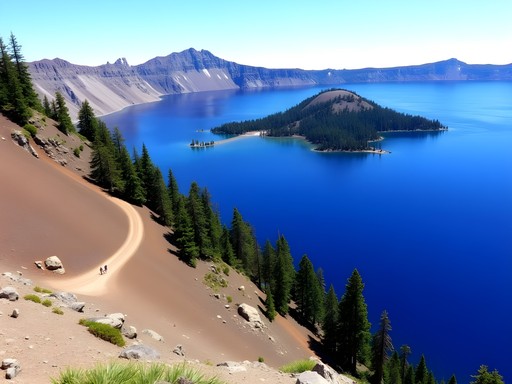
Comments
Timothy Jenkins
Excellent write-up on a truly underrated region, Jose. I led a small cultural tour through Tigray last year, and the hiking opportunities are genuinely world-class. For anyone planning to visit, I'd recommend allowing extra time for acclimatization if you're tackling Imba Alaje - the altitude can be challenging if you're coming straight from lower elevations. Also worth noting that the Bradt Ethiopia Guide has detailed trail information that saved us when our GPS was struggling in some of the more remote areas. The Gheralta Lodge makes a perfect base for exploring the rock churches, though booking well in advance is essential during peak season (Oct-Jan).
smarttime
Thanks for the tips about acclimatization! Would you recommend hiking boots or would trail runners be sufficient?
Timothy Jenkins
Definitely proper hiking boots for the escarpment climbs - some sections require good ankle support and the rock can be quite sharp!
escapenomad
Great photos! Love the one with the shepherd and his flock on the plateau.
islandmaster
Those views from Imba Alaje are insane! Did you camp up there or make it a day hike? I'm heading to Ethiopia in November and trying to plan my itinerary.
Jose McDonald
I did it as a long day hike, but camping would be amazing if you have the gear! Just be prepared for cold nights at that elevation. November should have perfect weather.
Haley Hamilton
Jose, this brought back so many memories! I backpacked through northern Ethiopia last year and Mekelle was such an unexpected highlight. The Hagere Selam Plateau literally took my breath away (partly from the altitude, ha!). I spent three days there with a local guide named Tekle who showed me these tiny hidden villages where we drank coffee with elders. Did you get a chance to experience the traditional coffee ceremony? It's such a beautiful ritual, especially after a long day of hiking. The locals' hospitality despite having so little materially was truly humbling.
Jose McDonald
Yes! The coffee ceremonies were incredible - I think I was buzzing from caffeine the entire trip. Was Tekle the guide with the red cap? I might have had the same guide!
Haley Hamilton
OMG yes! Tekle with the red cap and that hearty laugh! Small world! He's the best.
smarttime
Wow! Never considered Ethiopia for hiking but those landscapes are STUNNING! Adding to my bucket list right now!
globephotographer
Those rock churches on the Gheralta Escarpment look incredible! How difficult was the climb to reach them? Planning a trip for next spring and wondering if I need serious climbing experience.
Jose McDonald
Some churches require basic climbing skills, others are more challenging. Abuna Yemata Guh definitely needs a guide and a head for heights! But there are plenty of options for all skill levels.
globephotographer
Thanks Jose! That's really helpful. Will definitely hire a local guide then.
sunsetchamp
Great post Jose! How did you handle water during your treks? Did you carry everything or were there reliable sources along the way? Planning my trip for next spring and trying to figure out logistics.
nomadone
Not Jose, but when I went, I carried about 3L per day and it was barely enough. There are some villages where you can refill, but I'd recommend water purification tablets or a filter bottle to be safe.
nomadone
Just got back from Mekelle last month and can confirm everything Jose wrote is spot on. For anyone planning to tackle Imba Alaje, don't underestimate the altitude - it hit me harder than expected. Take a full day to acclimatize in Mekelle first. Also, I used my hiking boots which were perfect for the rocky terrain, especially during the scrambling sections near the top. The views are worth every drop of sweat!
happyphotographer
Thanks for the altitude tip! Did you need any special permits for hiking there?
nomadone
No special permits needed for most hikes, but always good to check with local guides as things change. I arranged everything through my guesthouse in Mekelle - much easier that way!
Claire Hawkins
Jose, you've captured the magic of Mekelle's highlands beautifully! I took my family there last year and it was transformative for all of us. The kids (10 and 12) managed the Hagere Selam Plateau trek surprisingly well - the locals were so welcoming, offering them snacks and teaching them simple Tigrinya phrases along the way. We stayed at a small guesthouse in Hawzen that served the most amazing injera. Did you get a chance to visit the Thursday market in Megab? It's small but so authentic. Your post brings back such wonderful memories!
sunsetchamp
Claire, how difficult would you say the Hagere Selam trek is for beginners? I'm planning a trip with my partner who's not a very experienced hiker.
Claire Hawkins
Hi @sunsetchamp! The main Hagere Selam routes are actually quite manageable for beginners - just take it slow and bring plenty of water. The initial ascent is the toughest part, but after that it's mostly gentle rolling terrain with incredible views. My kids managed it fine! I'd recommend hiring a local guide though - they know all the best spots and can adjust the route based on your energy levels.
happyphotographer
Wow! Those Gheralta Escarpment photos are absolutely stunning. Adding this to my bucket list immediately!
Venture X
Premium card with 2X miles, $300 travel credit, Priority Pass